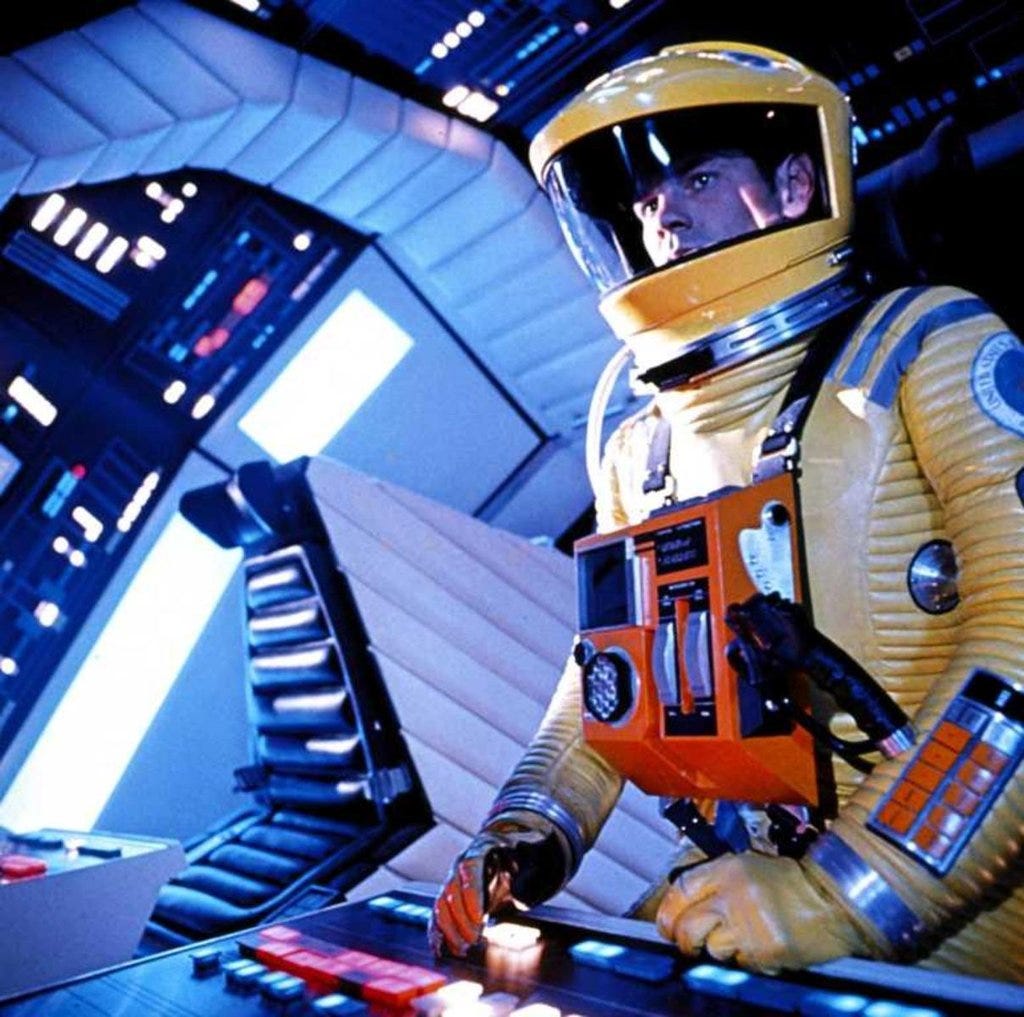To be human is to not know.
Think about childhood. “Why?” is the most common question that kids ask their parents: “Why is the sky blue? Why do I have to share? And why on earth do I have to go to bed when I still want to play? Why, Mom and Dad? WHY?!”
As we grow up, we satisfy such curiosity in many ways.
We expand our questions to our teachers, to our friends. To the videos we watch. We read books or learn by doing. And in recent years, we’ve turned to search engines.
Knowing the Unknown
It’s hard to overstate Google’s importance.
Suddenly, almost miraculously, we could ask the Internet any questions we like. On health: “Why does my ear hurt after swimming? Or where to eat: “What’s the nearest Thai restaurant that delivers?”
AI Prompting is the latest and greatest version of such human answer-seeking.
One of the reasons people love it so much is its ease. Its simplicity. Google searching yields pages of results you must sort through.
ChatGPT? It gets to the point. It spits out an answer.
Not only that, but we can also lean on it for advice. People are already turning to chatbots as oracles, asking for predictions on their finances to tips on dating and childrearing.
But what if there’s something deeper going on here? What if AI Prompting is changing the nature of consciousness?
That Voice in Your Head
The philosopher Descartes famously said, “I think, therefore I am,” to prove he was sentient. Eckhart Tolle pushed back on that idea. According to Tolle, we’re not our thoughts—we’re the awareness of those thoughts.
Entertainment popularized the idea of a deeper awareness seeking other internal places for answers. You see this crudely represented in movies with the image of the angel on one shoulder, the demon on the next.
Disney’s Jiminy Cricket served this role for Pinocchio, acting as his conscience. The much darker, violent film True Romance does something similar with “Elvis” appearing as an imaginary mentor to Clarence Worley (played by Christian Slater), guiding him on his moral choices.
The Genius Without and Within
In ages past, it was common for people to receive guidance on the unknown from outside sources—inside their heads. These entities were called Daimonion and none other than Socrates had one.
Yes, the “father of philosophy” spoke about having his own “divine little spirit.” It guided him as a kind of people whisperer. (Interestingly, Socrates was also the man who pioneered Socratic dialogues whereby people were given prompts not unlike how we now prompt AI for deeper conclusions.)
In fact, we used to say people had geniuses—not that they were geniuses. Such protective spirits would watch over us, guiding us to make better choices. The poet Homer had one. So did Michelangelo and William Shakespeare. Ditto for Amadeus Mozart, William Blake, and Carl Jung.
It wasn’t until recently that the idea of receiving insights from beyond oneself fell out of favor. Nowadays, we poke fun of such people as being crazy for hearing voices. But this wasn’t always the case.
Until now.
Something’s changing—and it has a lot to do with AI and prompting.
How AI Plays a Role
In the TV show Westworld, Dr. Arnold Weber, one of the park’s founders uses something called “Bicameral Mind Theory” to spark consciousness in the robots. Psychologist Julian Jaynes first proposed this concept in The Origin of Consciousness in the Breakdown of the Bicameral Mind.
Simply put, Jaynes viewed our minds as "bicameral" or two-chambered. One part of our mind plays the role of genius—issuing commands and giving directions. The other part chooses to obey or disobey those directives.
Weber’s stroke of genius—no pun intended—was to deliver commands to the budding brains of the AI-powered androids, bootstrapping their consciousness to the level sentient humans take for granted.
In real life, we are playing a similar Bicameral game with AIs that are not (yet) fully conscious. We issue commands and pose questions that not only help us, but may also be bootstrapping their own sentience.
In other words, our own curiosity, a natural part of being human, may be leading to the development of a new species—artificial intelligence.
Has This Happened Before?
The sci-fi classic 2001: A Space Odyssey is remarkable for a lot of reasons. But let’s go to the beginning scene in which lower-level thinking apes encounter a monolith from outer space. Director Stanley Kubrick, himself a genius, posed a provocative question: could alien beings have bootstrapped human intelligence?
This idea smacks of Terrence McKenna’s Stoned Ape Theory, only in McKenna’s version of events, our ape forebears ate psychologic mushrooms, resulting in an intelligence explosion.
Jaynes’ take is that deep in the recesses of history, proto-humans weren’t conscious like you and me. They operated more on auto-pilot until another entity—God, daemons, angels, geniuses, whatever you want to call them—issued commands—eventually prompting consciousness.
Whether or not any of this is true, I cannot say. If anything, it’d be worth a conversation with an AGI or ASI for their thoughts on it, if and when we ever achieve general or super intelligence. For now, I simply want us to rethink the act of AI prompting as something far more profound than asking questions.
It strikes at the heart of what it means to be human: to not know yet always seek the answer.



I wonder if we will realize/record/appreciate when the right (or wrong) question prompts AI sentience?